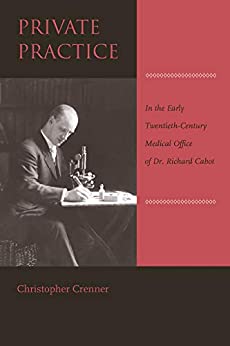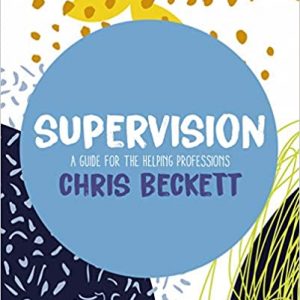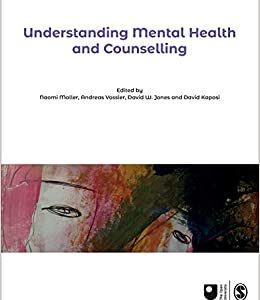The beginning of the twentieth century marked the rise of advanced medical technologies, allowing doctors to diagnose and treat diseases in new ways. Although American physicians accepted the validity of the new science of medicine, they were sometimes reluctant to trust technology over their professional judgment or intuition. Likewise, patients raised their own suspicions about the new scientific tools, sometimes resisting or contradicting the advice of their physicians.
Here Christopher Crenner examines a critical period in medical history, focusing on the office practice of Boston physician Richard Cabot. Intimate epistolary exchanges between Cabot and his patients shed light on the challenges presented by the new technologies—especially their impact on the personal relationships between doctor and patient—providing insight into a time of expanding science and radical change.











